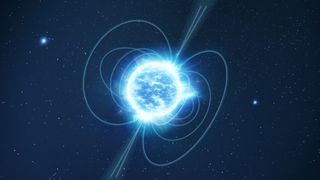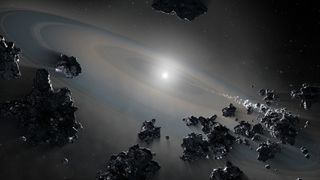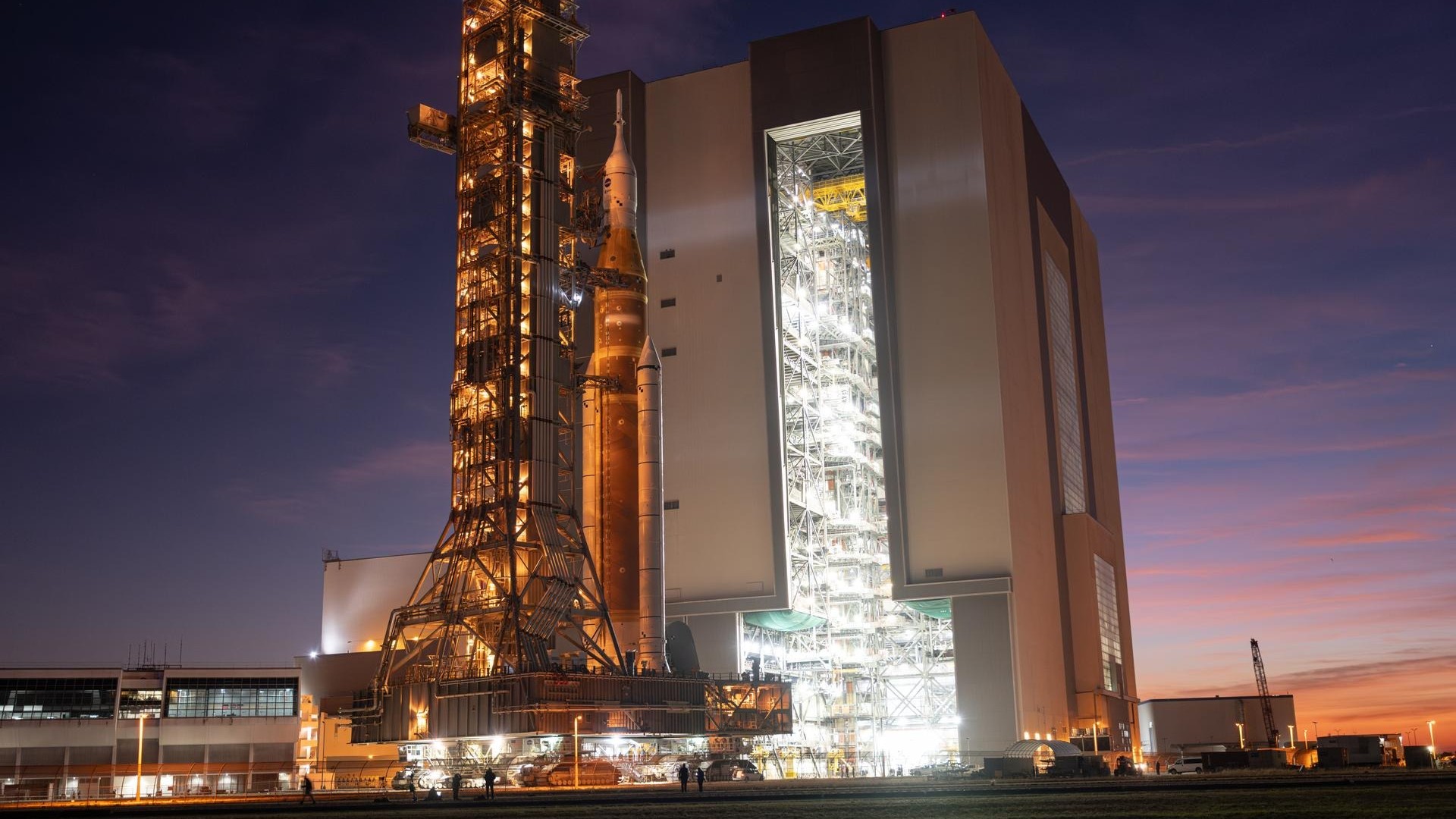Latest articles by Keith Cooper
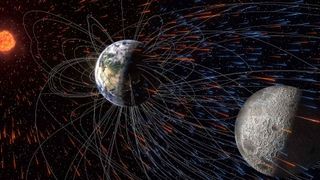
Good news for lunar bases? Earth's atmosphere leaks all the way out to the moon
By Keith Cooper published
Anomalous amounts of volatile elements found in the Apollo samples brought back from the moon have been traced back to our own planet's leaky atmosphere.
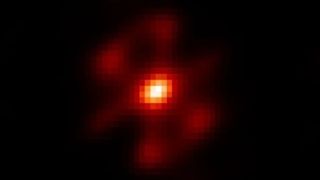
Astronomers capture close-up images of nova explosions on 2 dead stars in unprecedented detail
By Keith Cooper published
The nova eruptions come about when a white dwarf steals too much matter from a close red giant companion.
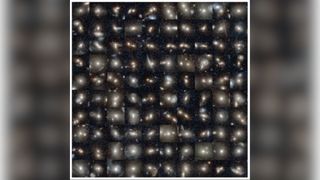
How do you activate a supermassive black hole? A galaxy merger should do the trick
By Keith Cooper published
A space telescope and AI teamed up to analyze a million galaxies and learn what triggers supermassive black holes the most.
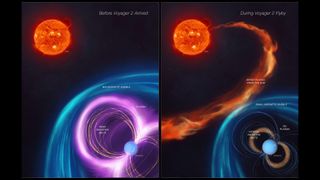
Uranus may have more in common with Earth than we thought, 40-year-old Voyager 2 probe data shows
By Keith Cooper published
The findings provide an answer to a planetary mystery that has bewildered scientists for nearly four decades.
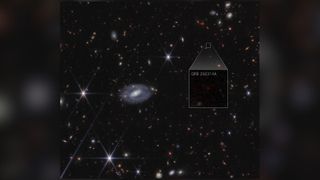
The James Webb Space Telescope just found the oldest supernova ever seen
By Keith Cooper published
The supernova exploded over 13 billion years ago in a galaxy far, far away.
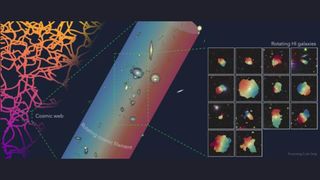
Scientists discover one of our universe's largest spinning structures — a 50-million-light-year-long cosmic thread
By Keith Cooper published
The discovery potentially transforms what we think about how the cosmic environment influences galaxies as they form.
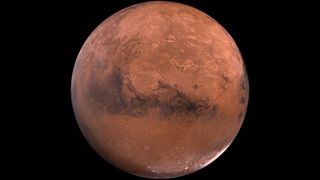
Time travels faster on Mars than on Earth, and here's why
By Keith Cooper published
Measuring the time discrepancy between Earth and Mars will help make future navigation and communication systems on the Red Planet more accurate.
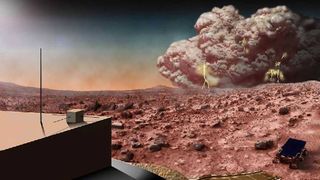
Electric discovery on Mars! Scientists find tiny lightning bolts coming from Red Planet dust clouds
By Keith Cooper published
Scientists used data from NASA's Perseverance rover to find tiny lightning bolts on Mars that could scour biosignatures off the world's surface
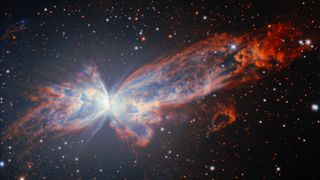
See the Butterfly Nebula like never before in this spectacular Gemini South telescope image
By Keith Cooper published
The Butterfly Nebula is a preview of the fate that will befall the sun in about 5 billion years.
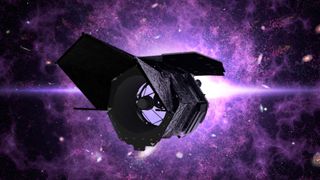
NASA's next-gen Roman Space Telescope is surprising scientists with its capabilities. It hasn't even launched yet
By Keith Cooper published
"Asteroseismology with Roman is possible because we don't need to ask the telescope to do anything it wasn't already planning to do."
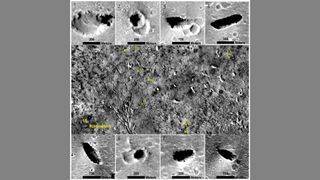
Evidence of ancient life on Mars could be hidden away in colossal water-carved caves
By Keith Cooper published
Skylights, openings in the surface of Mars that descend down into caves, have been found on Mars, along with signatures for the presence of water ice.
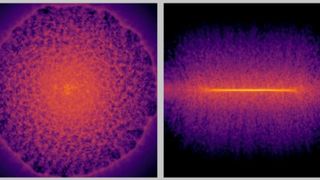
AI helps build the most detailed Milky Way simulation ever, mapping 100 billion stars
By Keith Cooper published
Simulating a billion years using previous best-resolution simulations would take almost 36 years of real computing time.
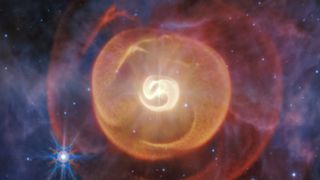
James Webb Space Telescope captures 'one-of-a-kind' triple star system that looks like a cosmic embryo (image)
By Keith Cooper published
The unique system features two rare Wolf-Rayet stars, and a supergiant companion that is interrupting the flow of the dust shells that the two Wolf-Rayet stars cast off.
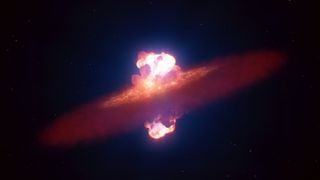
Scientists watch supernova shockwave shoot through a dying star for 1st time
By Keith Cooper published
The supernova was the death of a red supergiant star 500 times larger than the sun, in a galaxy just 22 million light-years away.
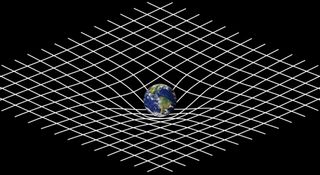
Does quantum gravity exist? A new experiment has deepened the mystery
By Keith Cooper published
Quantum gravity seeks to unify the theory of general relativity with quantum physics to describe how gravity works at very small scales. But there's a big puzzle surrounding the idea.
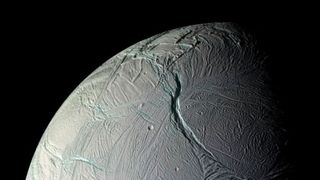
Heat leaking from Saturn's ocean moon Enceladus bolsters its case as an abode for life
By Keith Cooper published
Excess heat detected at Saturn moon Enceladus' north pole helps to account for a finely balanced energy budget that keeps the moon's ocean liquefied. What could this mean in the search for life?
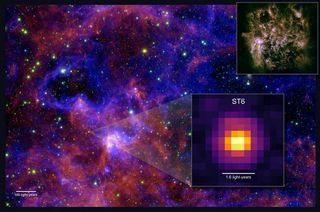
JWST makes key detection of complex organic molecules around star in galaxy beyond our Milky Way
By Keith Cooper published
The molecules are building blocks of the chemical precursors of things such as RNA.
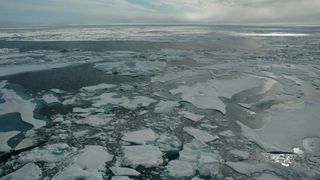
Space dust in the Arctic is helping scientists track the climate crisis
By Keith Cooper published
A historical record of Arctic sea ice based on the abundance of cosmic dust in sediments on the sea bed of the Arctic Ocean has revealed how the sea ice responds to climate warming.
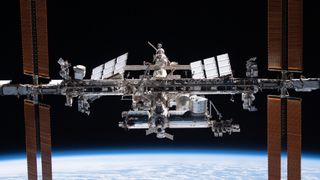
The International Space Station will fall to Earth in 2030. Can a private space station really fill its gap?
By Keith Cooper published
We'll lose the ISS pretty soon. What might we lose with it?
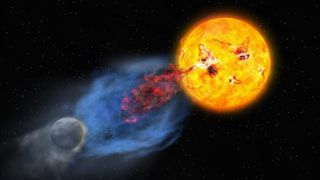
Powerful solar storms may help life get going on alien planets. Here's how
By Keith Cooper published
New observations of a volatile young star have shown how infant suns could unleash enough energy to trigger biologically relevant chemical reactions in an orbiting planet's atmosphere.
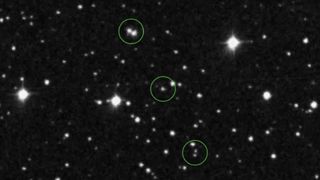
Could these mysterious flashes of light in 1950s photos be UFOs? Some researchers think so
By Keith Cooper published
Researchers claim flashes of light seen in sky surveys could have been UFOs drawn to Earth by nuclear tests, but more mundane explanations should be explored first.
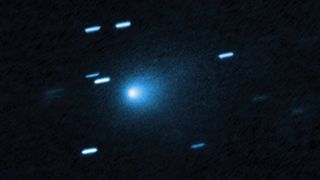
You won't see interstellar comet 3I/ATLAS zoom closest to the sun on Oct. 30 — but these spacecraft will
By Keith Cooper published
The interstellar comet 3I/ATLAS will make its closest pass to the sun on Oct. 30, and various spacecraft will be watching, seeking clues about the icy wanderer's chemistry and composition.
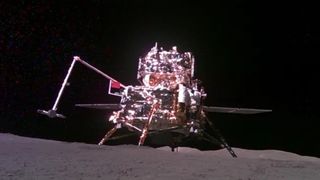
1st samples ever collected from the moon's far side could help reveal where Earth got its water
By Keith Cooper published
On Earth, CI chondrites make up only 1% of all meteorites that have been collected, but they may be far more common on the moon.
Breaking space news, the latest updates on rocket launches, skywatching events and more!

